-
Student Login NEW
Student Login
ADMISSIONS OPEN - 2026
How to Choose the Right Diploma Course for You
- Home -
- Blog-Details
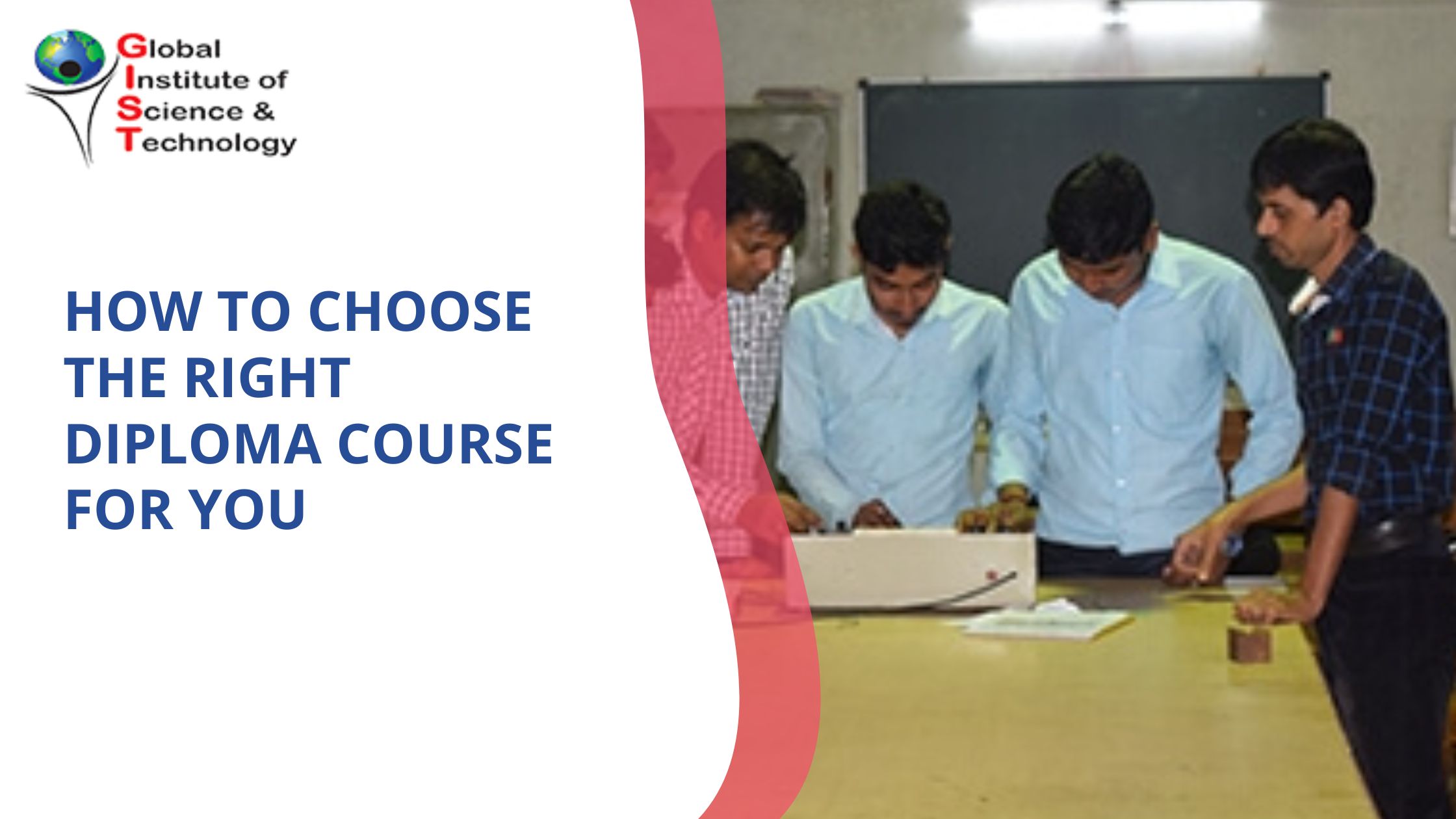
- 13 Sep
- 2023
How to Choose the Right Diploma Course for You
Choosing the right diploma course is an important decision that can significantly impact your career and personal development. Here are some steps to help you make an informed decision:
Self-assessment: Start by evaluating your interests, skills, strengths, weaknesses, and long-term goals. What are you passionate about? What are you good at? What do you enjoy doing? Understanding yourself is crucial in selecting a course that aligns with your personal and professional aspirations.
Research your options: Once you have a better understanding of your interests and goals, research different diploma courses that match your profile. Explore various fields, industries, and institutions offering diploma programs. Consider factors like location, duration, and cost.
Accreditation: Ensure that the institution offering the diploma course is accredited and recognized by relevant authorities or professional bodies. Accreditation adds credibility to your qualification and makes it more valuable in the job market.
Curriculum: Review the curriculum of the diploma program you're interested in. Check if it covers the topics and skills you want to acquire. Look for courses that have a good balance of theoretical knowledge and practical skills.
Career prospects: Research the job market and employment opportunities in the field you're considering. Are there growing industries or sectors that require the skills you'll gain from the diploma course? Are there clear career paths and potential for advancement?
Talk to professionals: Reach out to people who are already working in the industry or field you're interested in. They can provide valuable insights into the relevance of the diploma course, job prospects, and what employers look for in candidates.
Financial considerations: Consider the cost of the diploma program, including tuition fees, materials, and any additional expenses. Evaluate your financial situation and explore scholarship, grant, or financial aid options if necessary.
Location and mode of study: Decide whether you prefer to study locally or are open to studying abroad. Also, consider whether you want to study full-time, part-time, or online. Your location and study mode can influence your overall experience and expenses.
Entry requirements: Check the admission requirements for the diploma course. Ensure that you meet these requirements or are willing to work towards meeting them. Some programs may require prerequisite qualifications or work experience.
Future flexibility: Think about how the diploma course fits into your long-term plans. Will it allow you to easily transition into further education, such as a bachelor's degree, if you decide to continue your studies?
Speak with academic advisors: Contact the academic advisors or counselors at the institutions you're considering. They can provide guidance, answer questions, and help you make an informed decision.
Consider your personal circumstances: Think about your personal life and commitments. Will you need to work part-time while studying? Are there family or other obligations that may affect your study schedule? Ensure that the course you choose is manageable within your current lifestyle.
Review feedback and reviews: Look for reviews and feedback from current or past students of the diploma program you're interested in. This can provide insights into the quality of the program, the teaching staff, and the overall student experience.
Visit campuses or attend virtual open houses: If possible, visit the campuses of the institutions you're considering or attend virtual open houses. This can give you a sense of the learning environment and the facilities available.
Trust your instincts: Ultimately, trust your instincts and choose a course that resonates with you and aligns with your goals and interests.
Remember that choosing the right diploma course is a personal decision, and what works for one person may not work for another. Take your time to research, reflect, and make an informed choice that sets you on a path toward a fulfilling career and personal growth.
Latest Posts
-
3 Dec, 2025
-
13 Jun, 2025
-
21 Jan, 2025
-
13 Jan, 2025
-
1 Jan, 2025
-
18 Dec, 2024
-
11 Dec, 2024
-
22 Nov, 2024
-
21 Jun, 2024
-
17 May, 2024
-
21 Nov, 2023
-
10 Nov, 2023
-
13 Sep, 2023




.webp)
.webp)
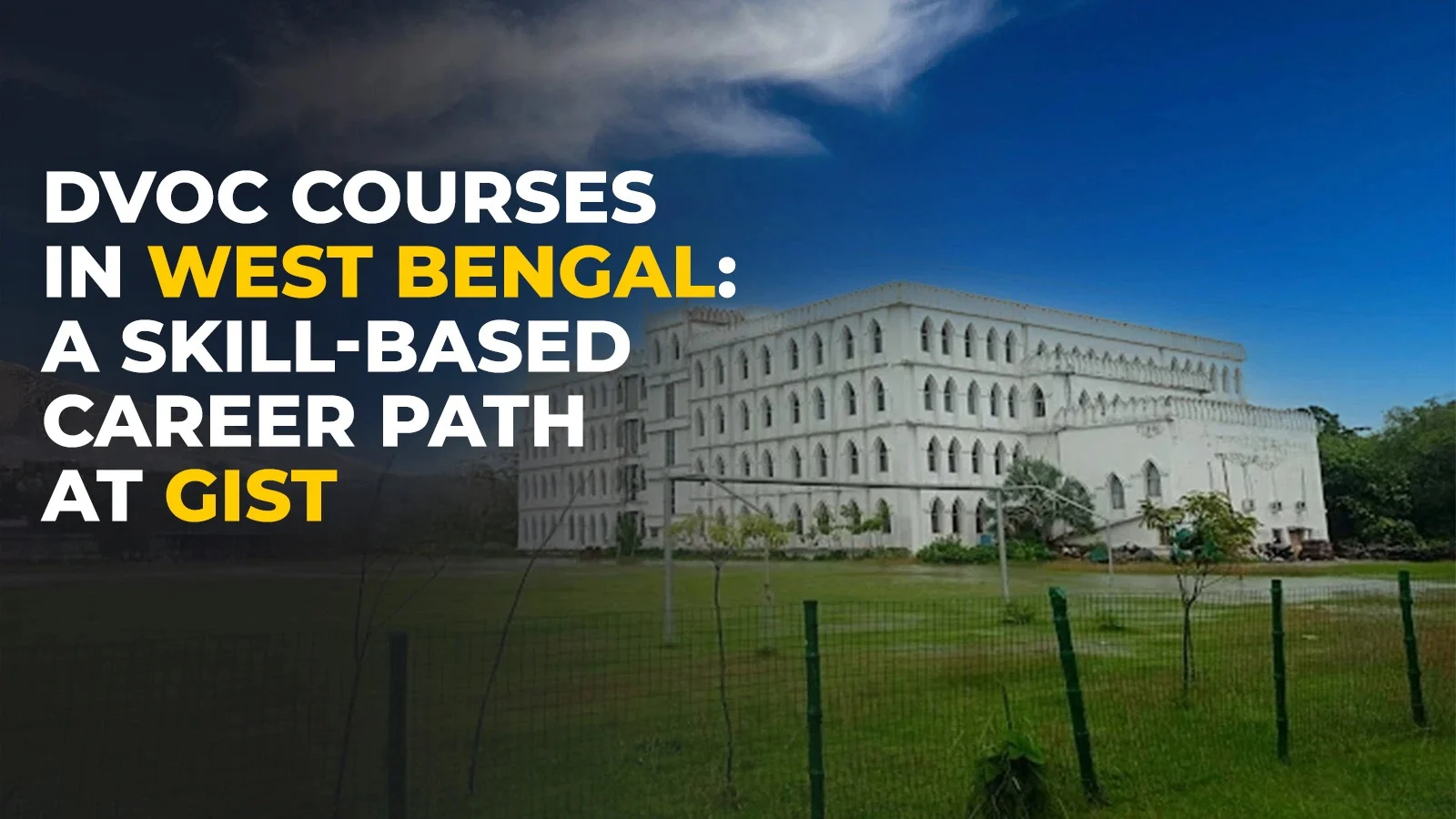
.webp)
.webp)

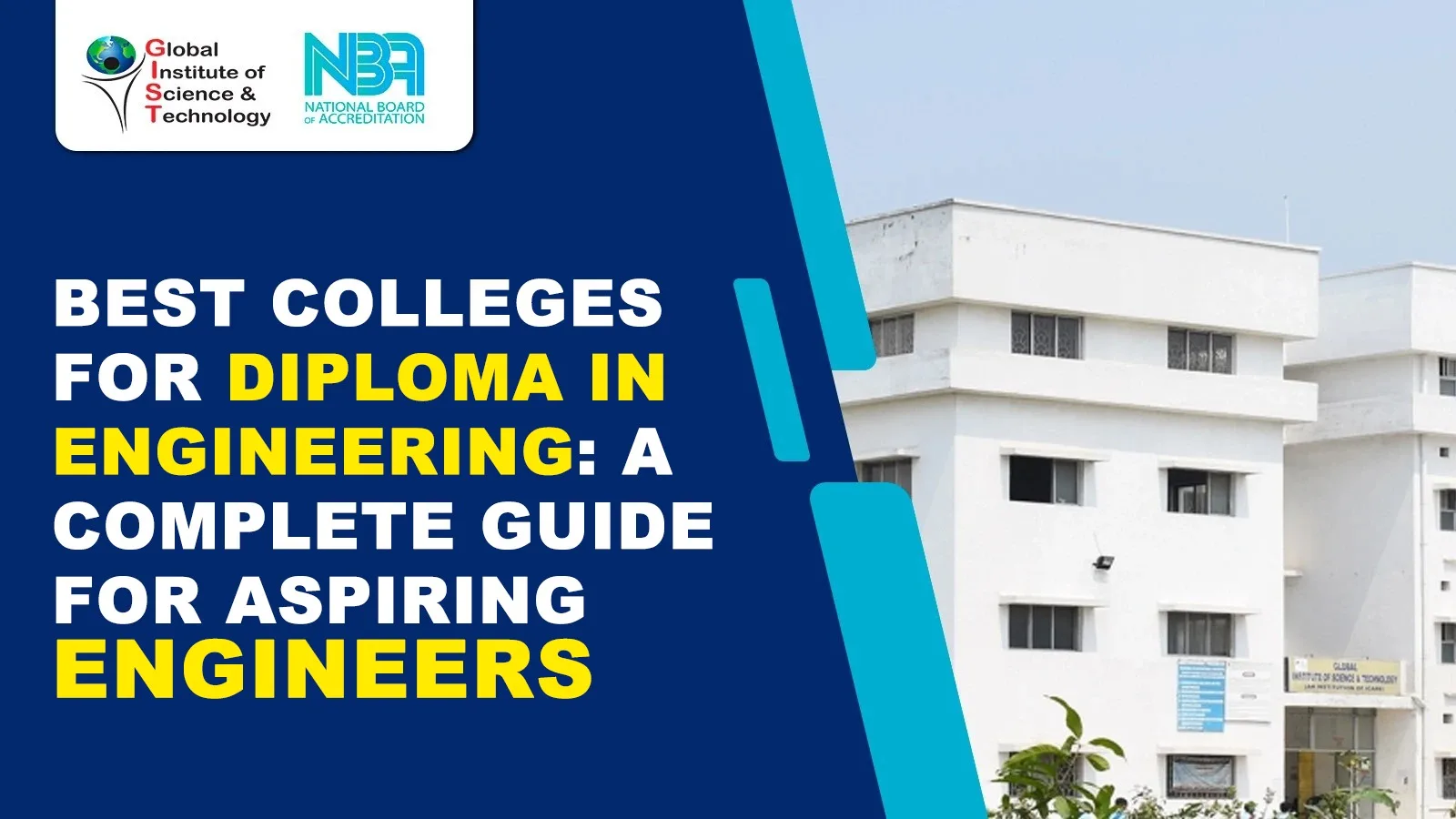


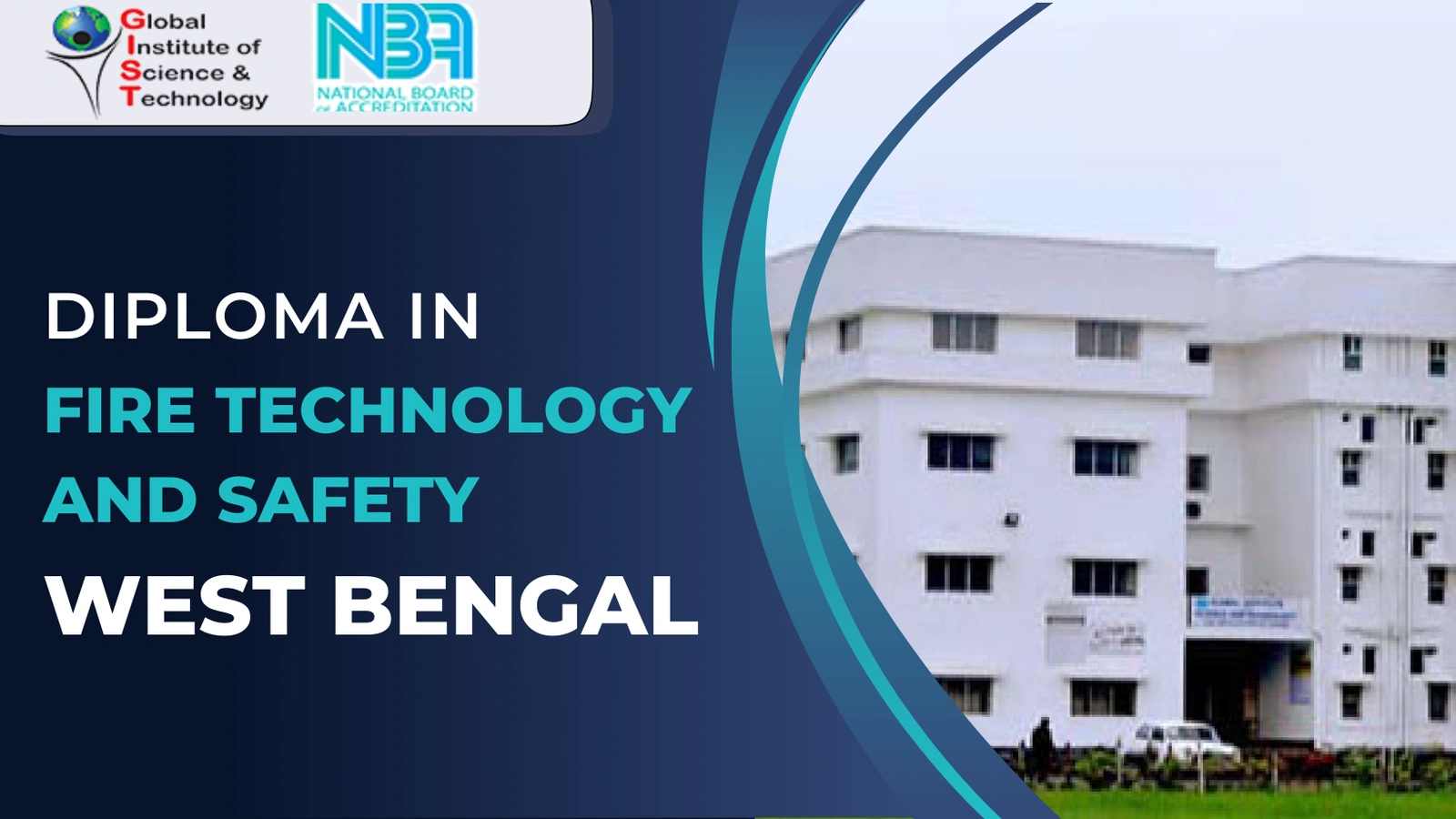
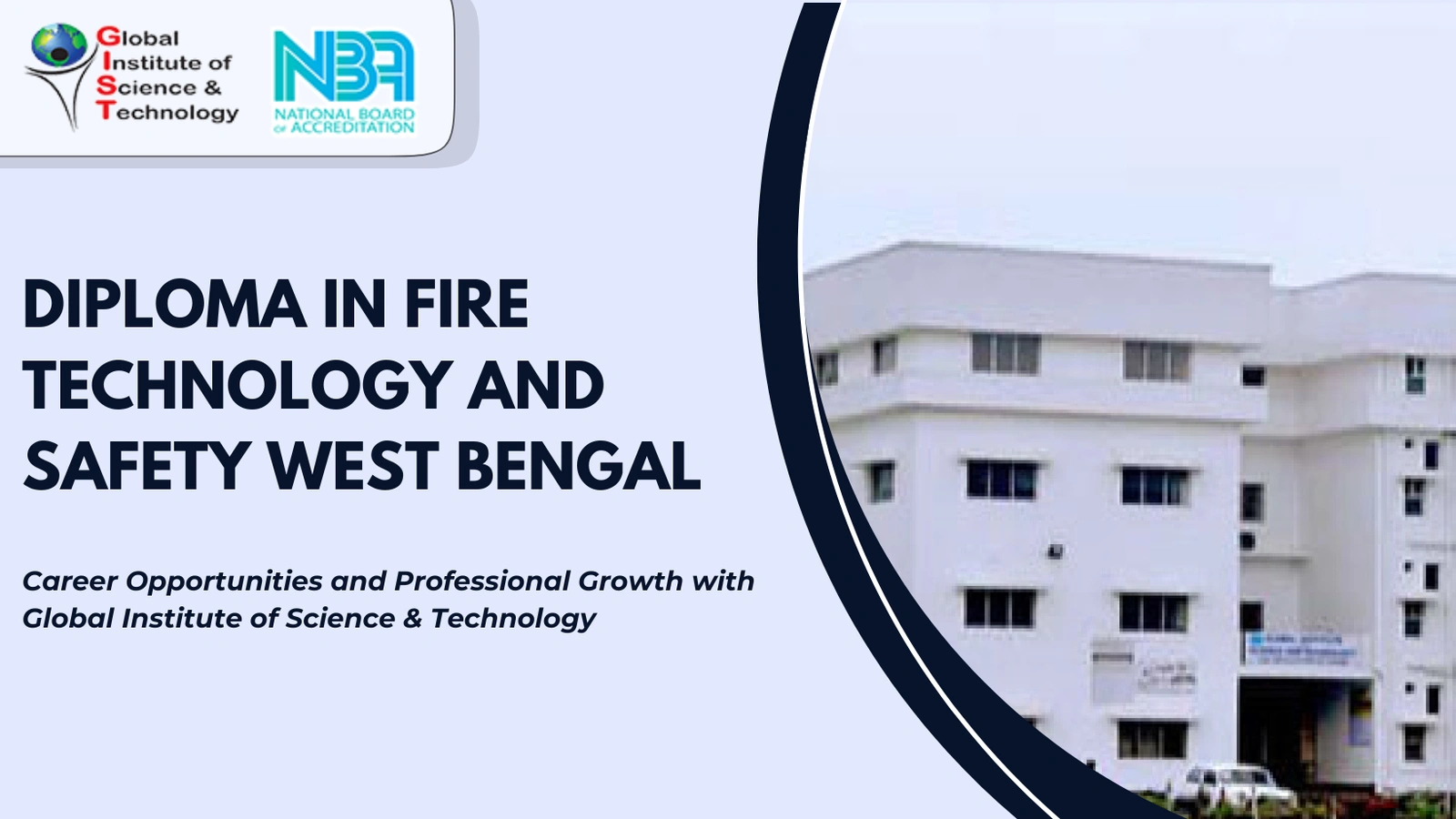


.webp)

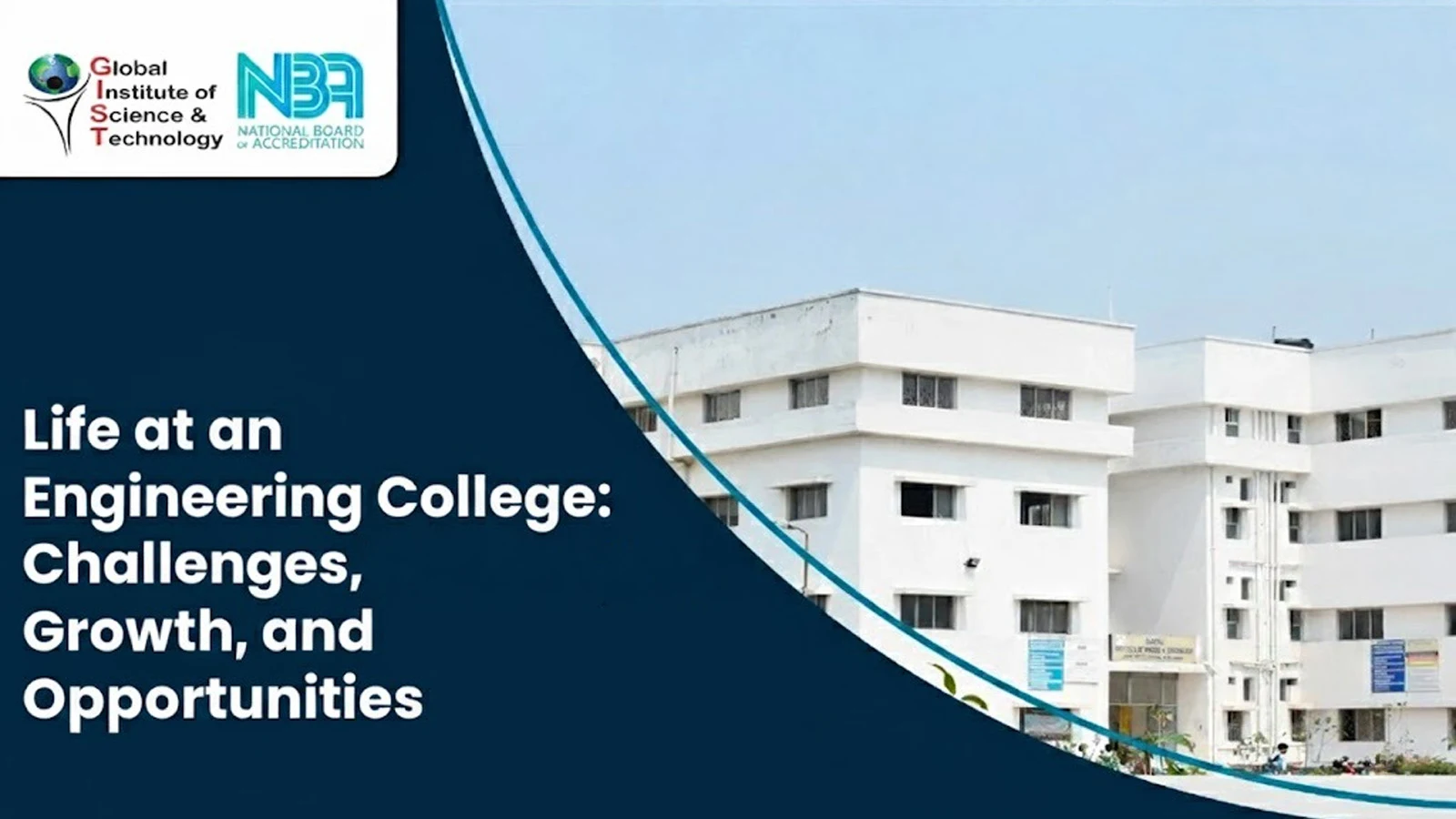

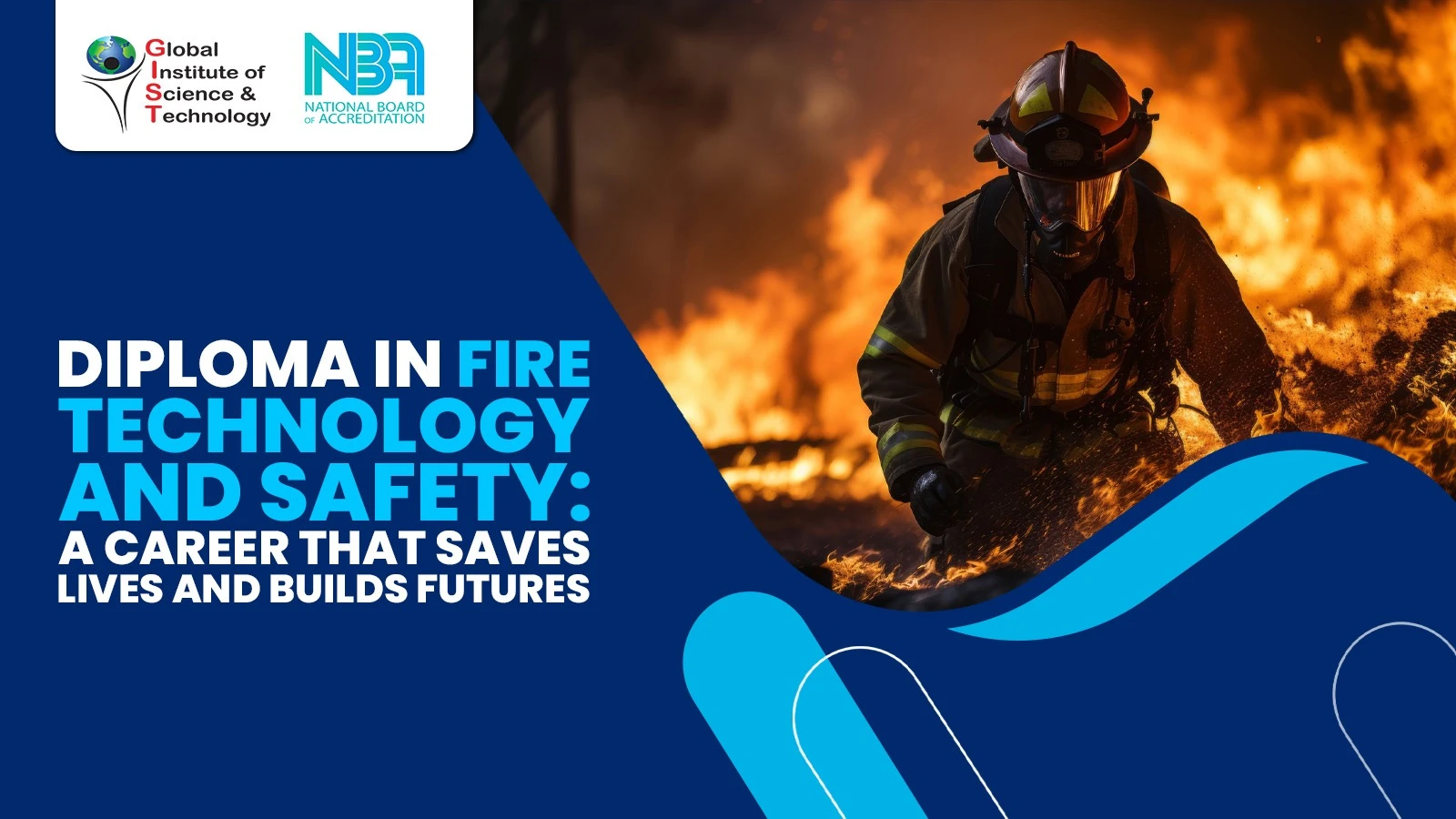
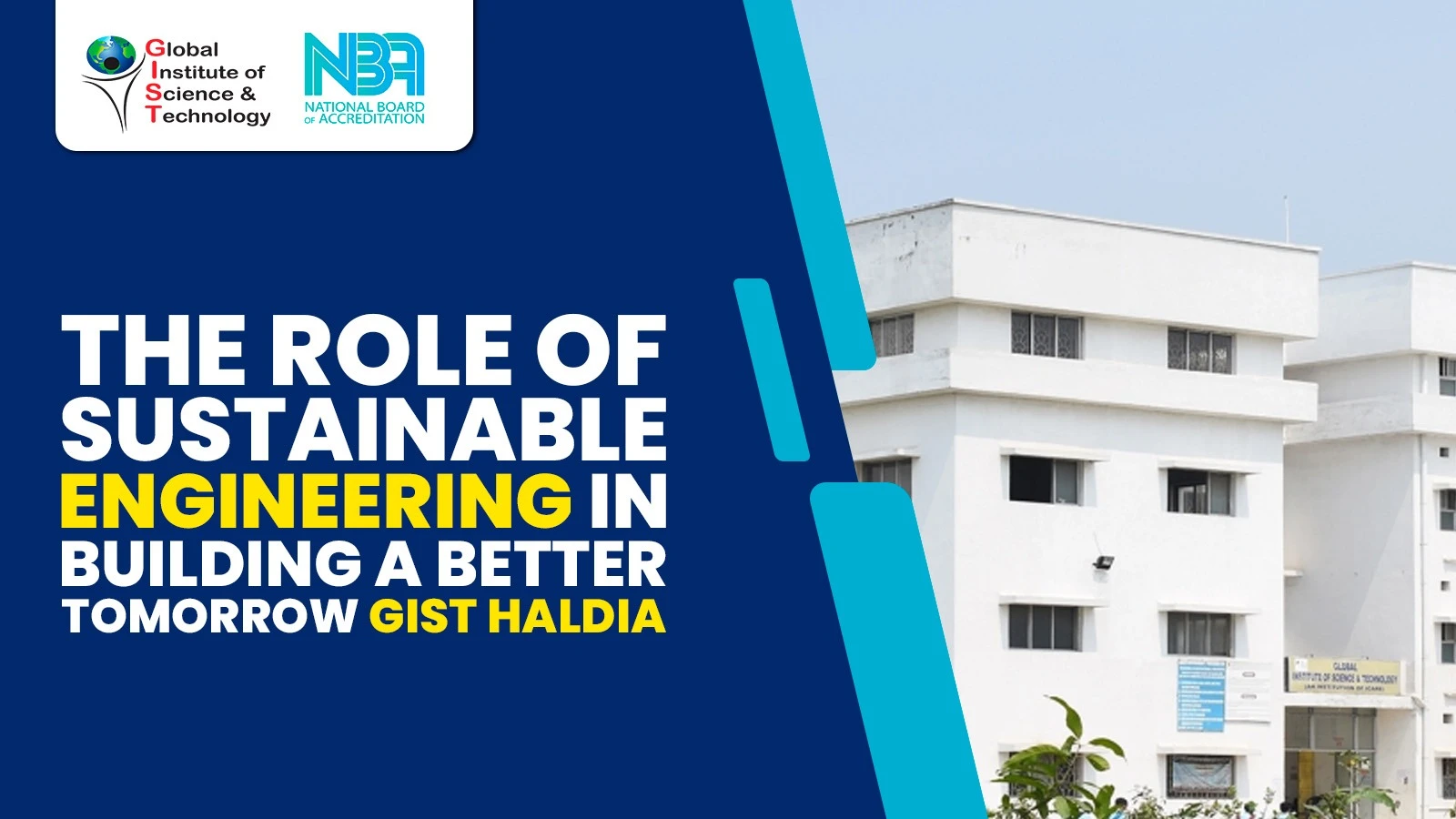
.webp)
.webp)
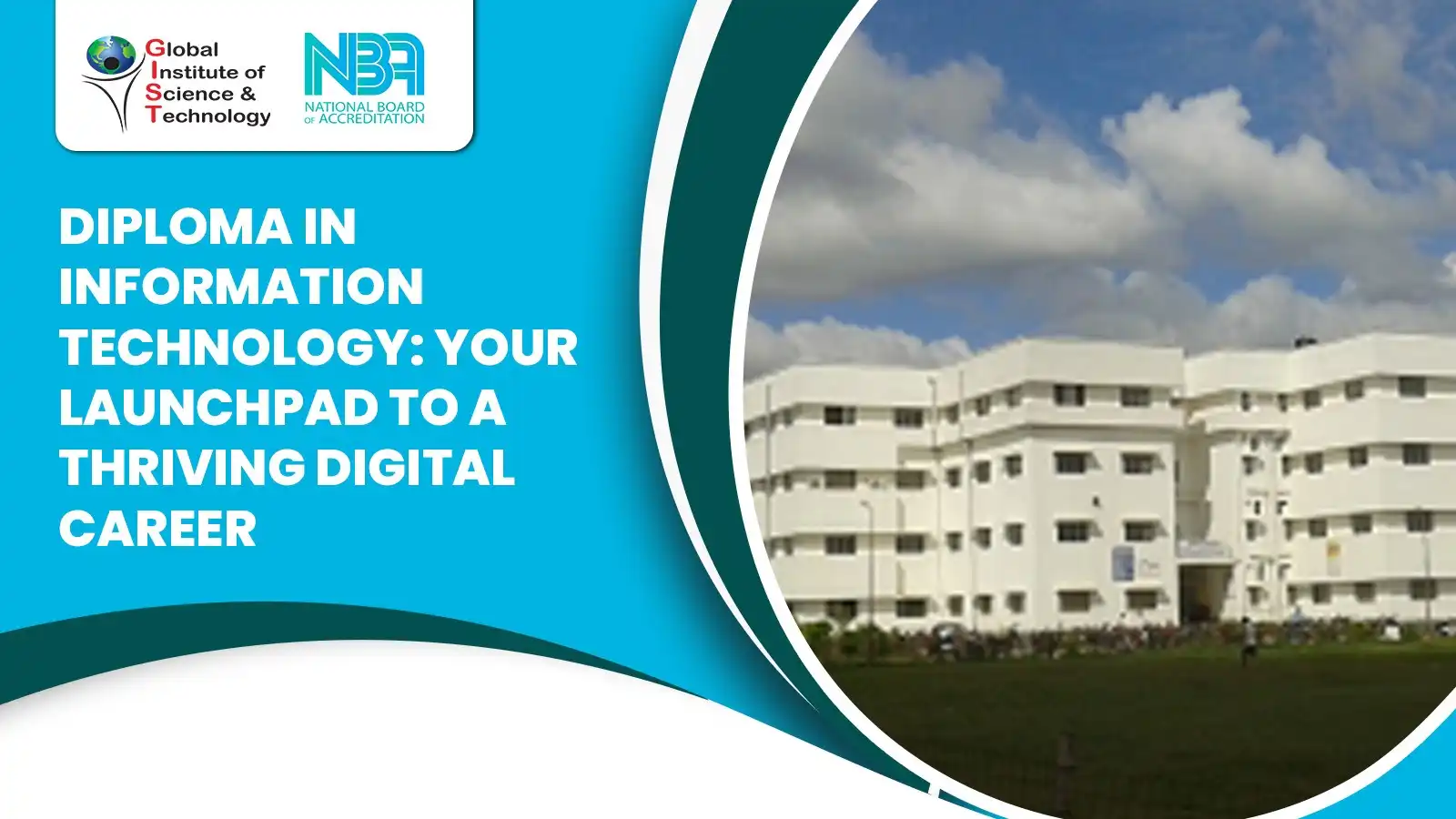


.webp)

.webp)



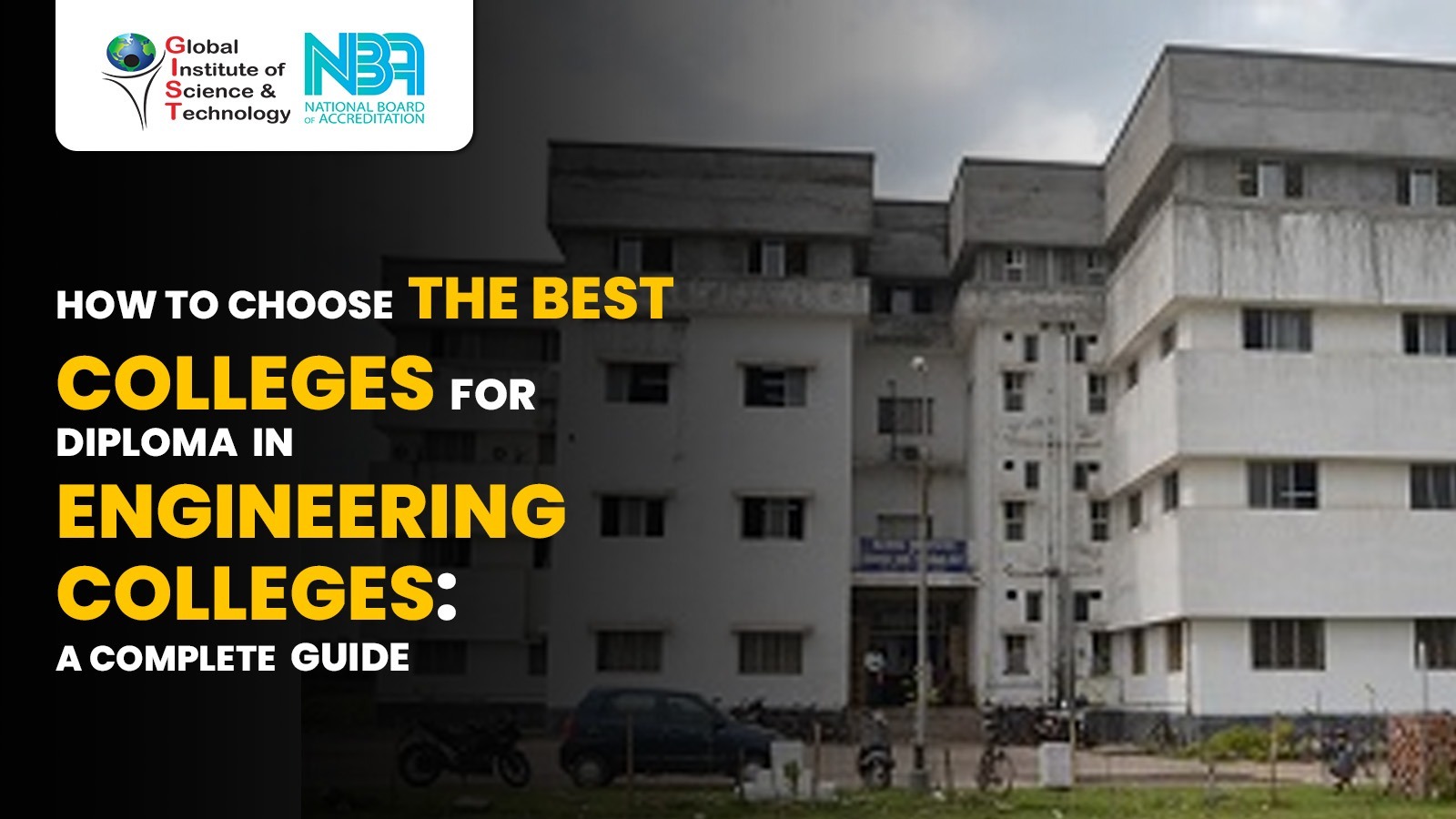
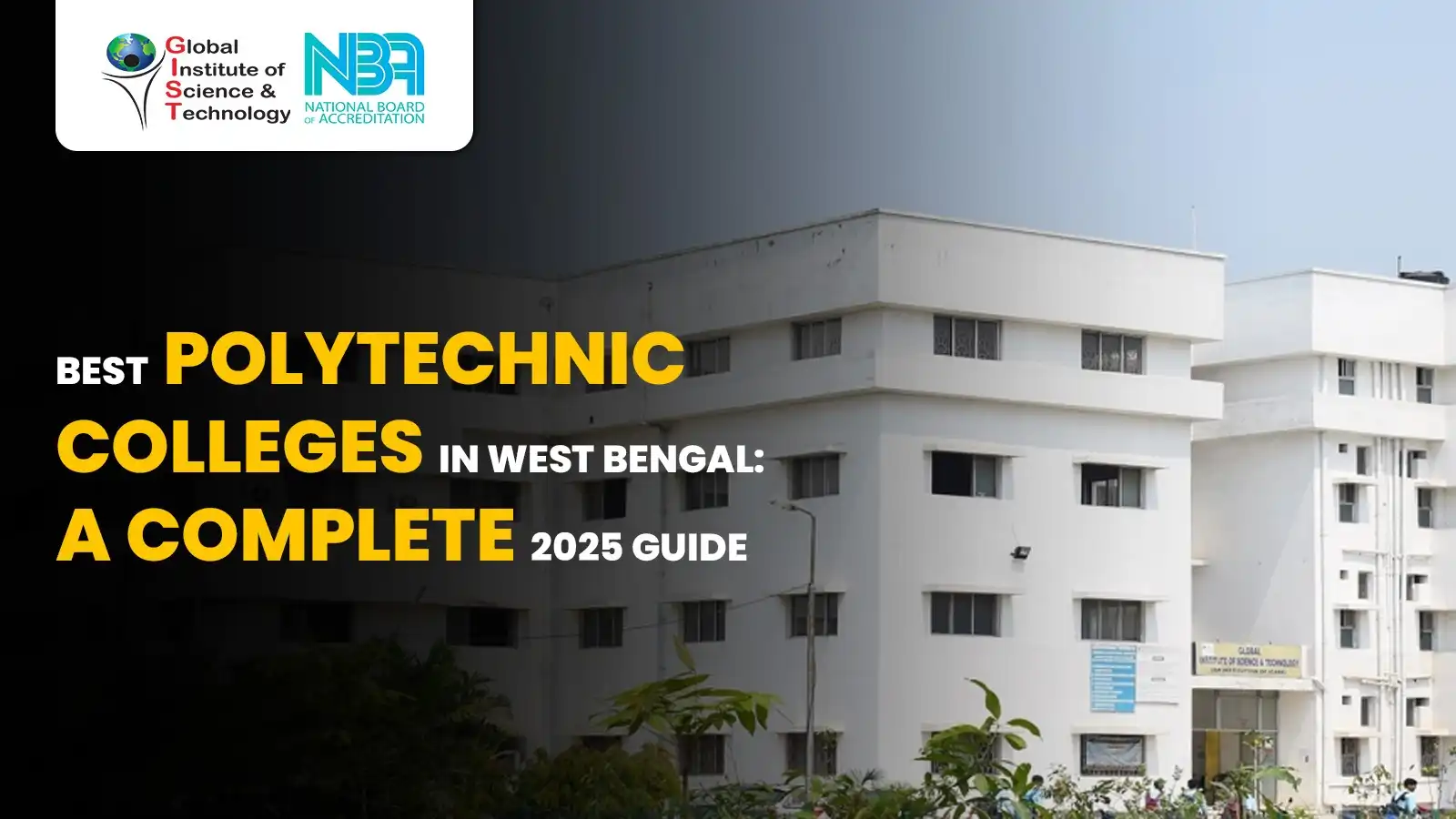


.webp)

























.jpg)


.jpg)
.jpg)
.jpg)



.jpg)
.jpg)
.jpg)



.jpg)



.jpg)



.jpg)
.jpg)











.png)


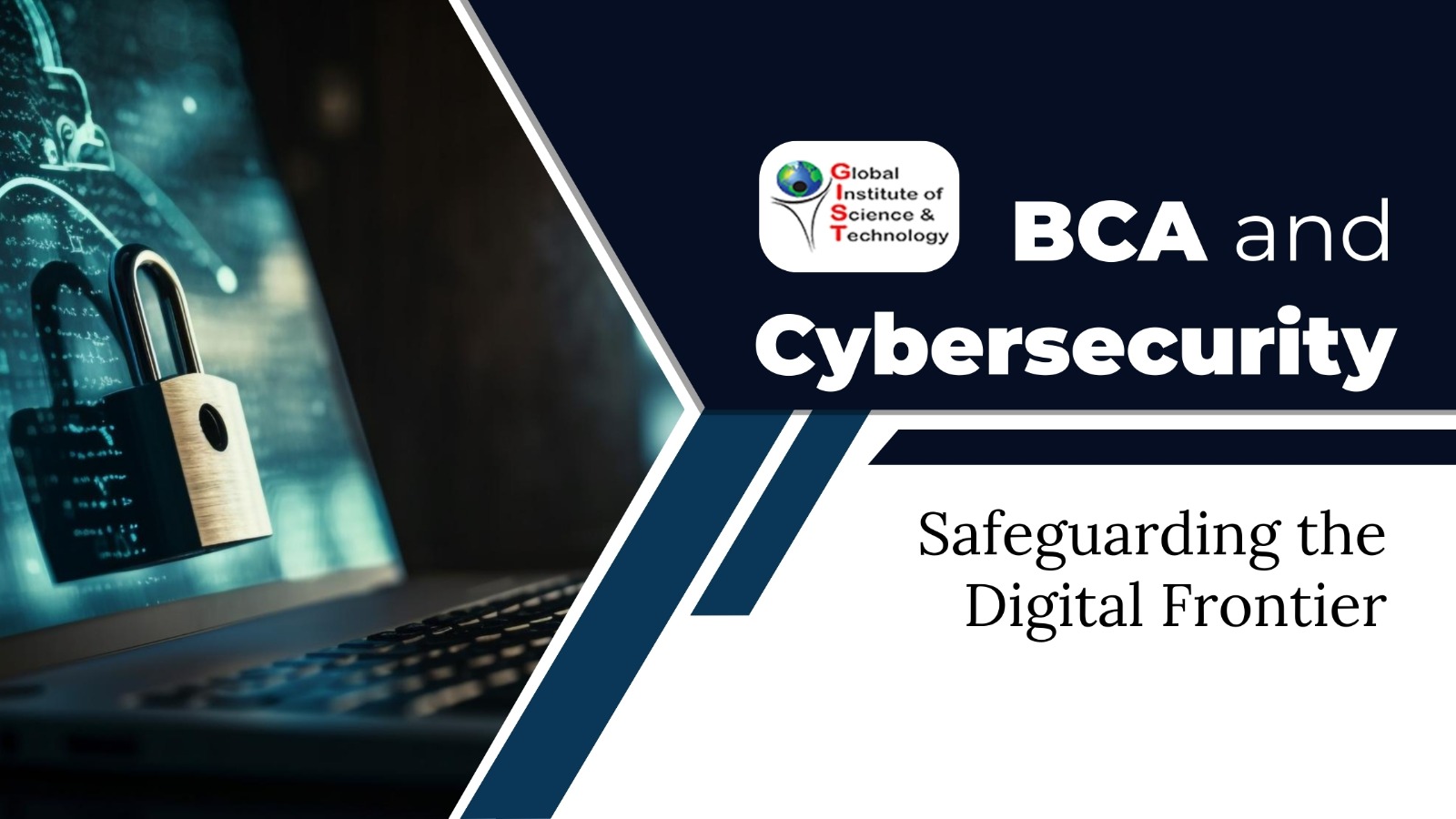



.png)



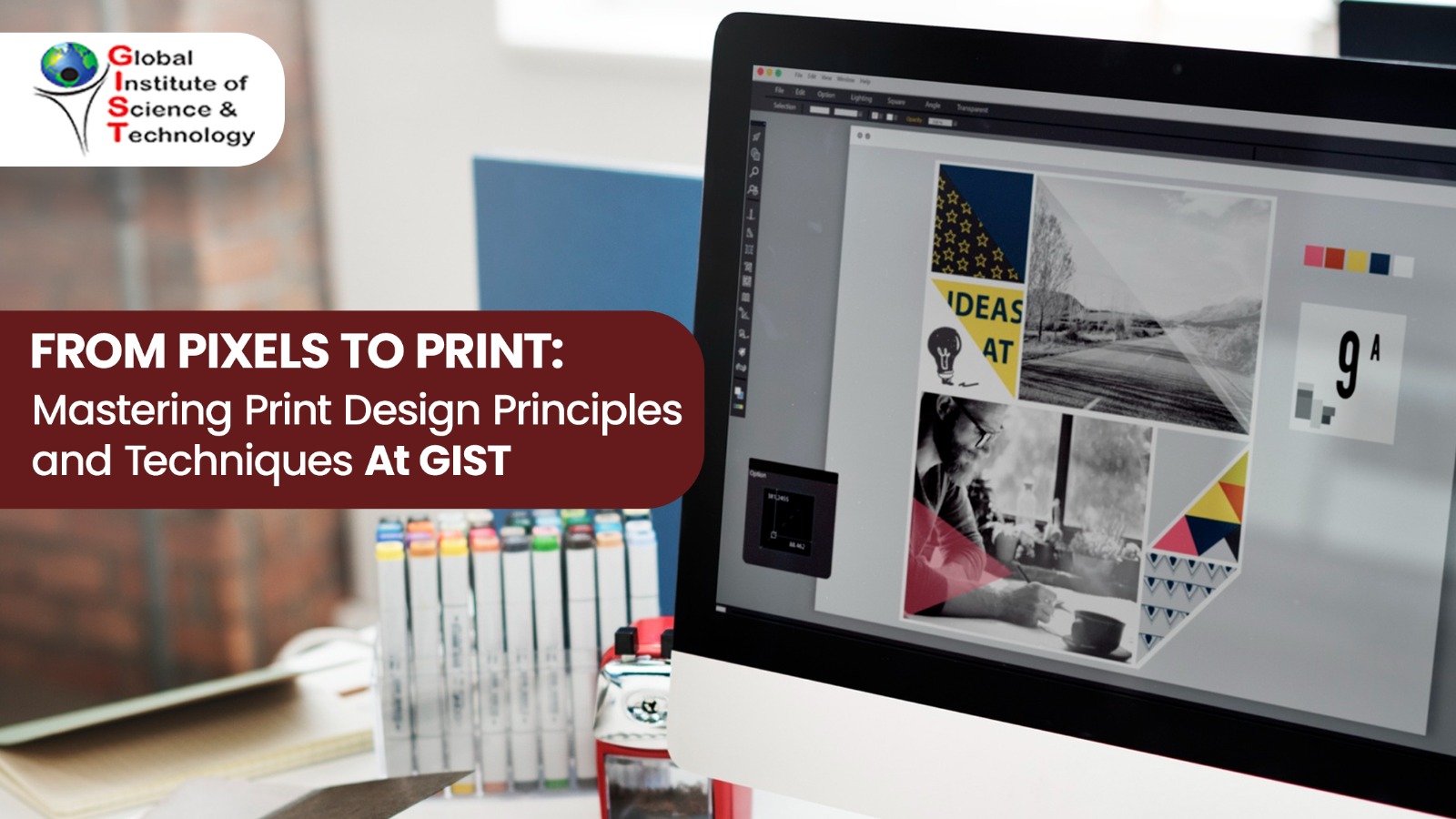




.png)

.png)


